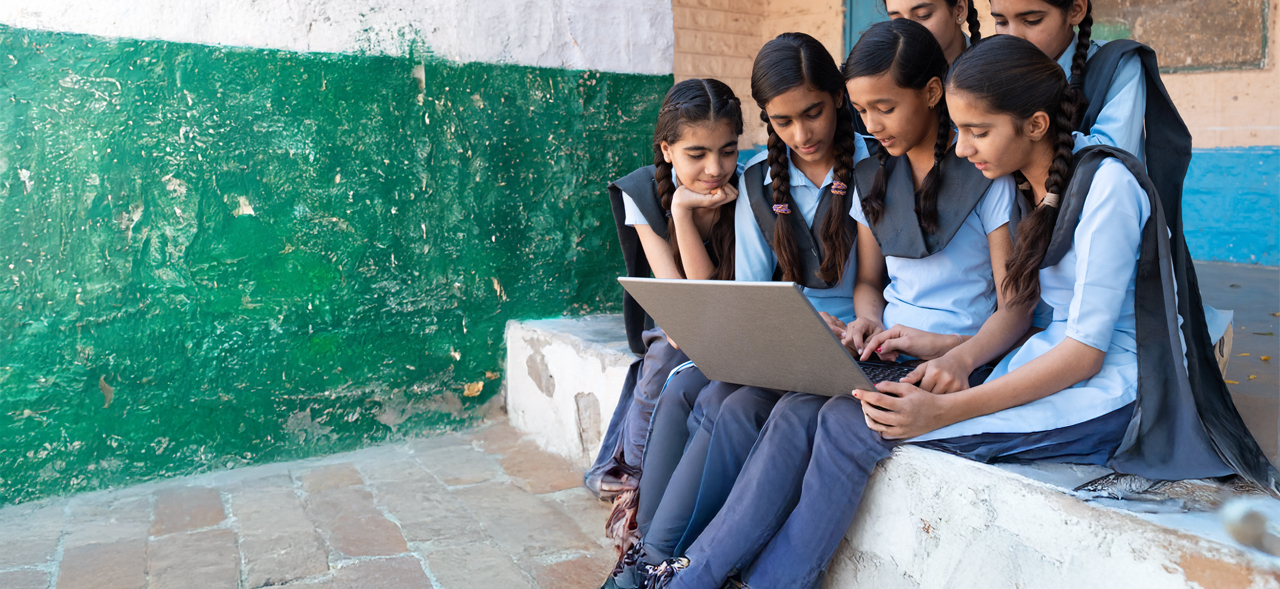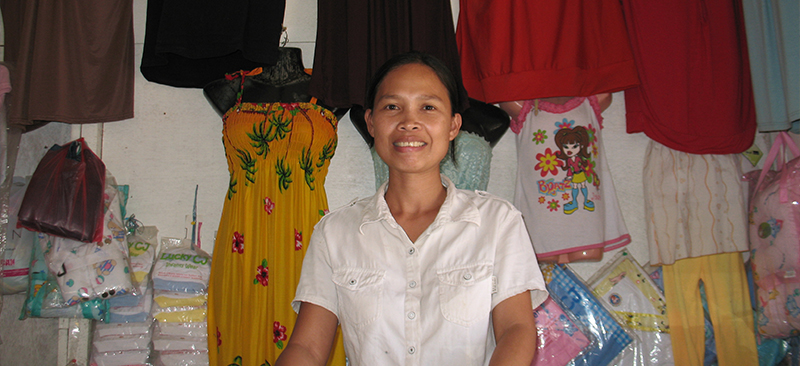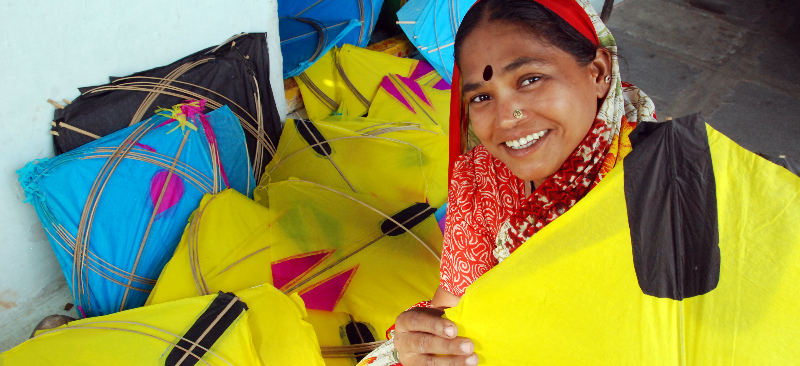MSC has developed ePaathshala —a digital school for skill development, capacity-building, training, and certification. ePaathshala makes use of innovative and transformative e-learning pedagogy and methods, using human-centric design and adult learning principles.
MSC has built the platform on innovative digital tools, content, and technology. The program uses a human-centric design approach alongside cognitive learning principles. ePaathshala has the advantage of mass outreach, lower costs, and greater flexibility and efficiency. It delivers the latest content universally and offers the convenience of self-paced learning.
Several banks and institutions, such as SBI, HDFC Bank, and IDBI Bank have been using ePaathshala assets for financial literacy and training of their staff and Bank Mitrs (bank agents). Government departments and agencies in India, including the Department of Financial Services (DFS) of the Ministry of Finance, National Centre for Financial Education, Indian Bankers Association (IBA), NABARD, Small Industries Development Bank of India (SIDBI), MUDRA, among others, have shown a keen interest in using ePaathshala assets.
The Business Correspondents Federation of India (BCFI), a federation with a membership of over 200,000 bank agents, uses the platform to skill and re-skill agents. BCFI uses the platform to certify agents at a basic or an advanced level.
The financial literacy program helped Tara Akshar, an entity of Development Alternatives, to strengthen its literacy modules and ensured increased attendance of women in its ongoing education program.
The National Livelihood Mission in Jharkhand Province of India has benefitted from MSC’s ePaathshaala approach. It has appreciated our efforts in its newsletter.





